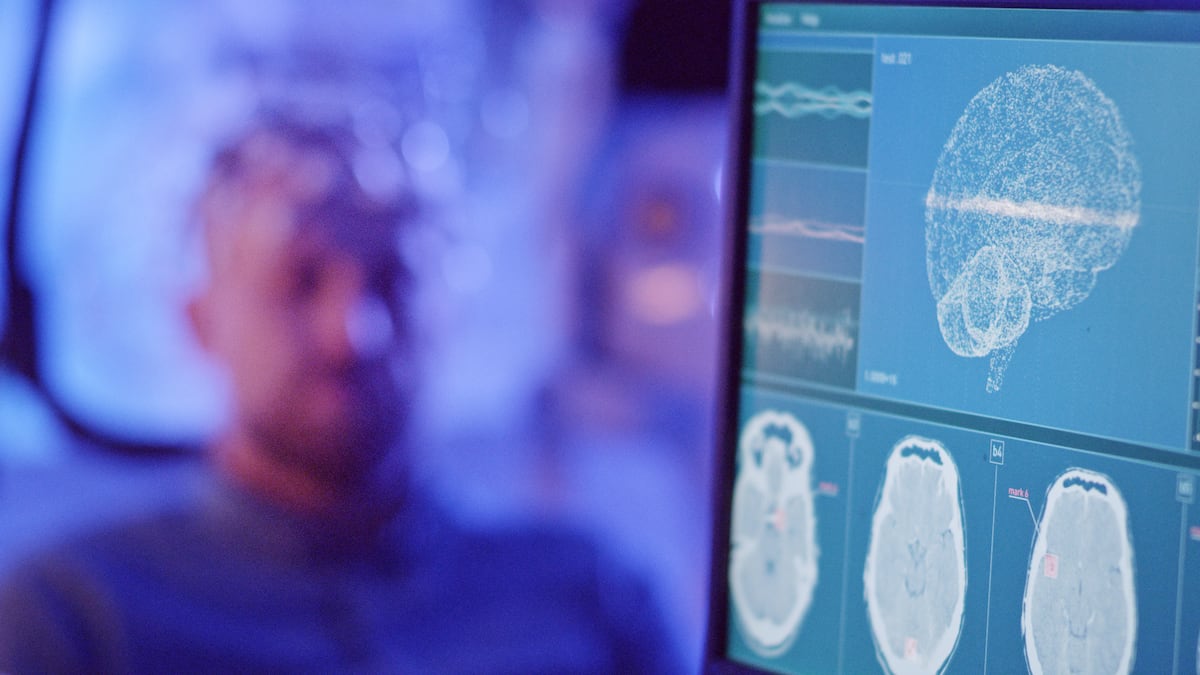By Caio Ruvenal
The CL1 biological computer, manufactured by the Australian company Cortical Labs, is designed for biomedical research, but also promises to deliver a more fast-paced and energy-efficient computing system
Modern life is shaped by people’s interactions with objects that are powered by computer chips.
These millimetric chips — composed of silicon semiconductors — are found in cell phones, microwaves, credit cards and transit passes. The demanding use of energy and water for silicon manufacturing — in addition to the growing demand for increased speed and performance — has led researchers to a race to find alternatives. Thus, in recent years, transistors or semiconductors made with carbon nanotubes or graphene have emerged. But the riskiest proposal was presented this March, one that involves human neurons.
Lab-grown brain cells are the basis for the functioning of the CL1, which has been announced as the first commercially-sold biological computer. This machine promises to unravel information-processing in the brain. The CL1 has been designed for the purpose of drug development, by studying how neurons react to certain compounds. It will also help scientists and medical laboratories understand how neurons process information and how real-time learning works. The computer will also offer insight into the mechanisms that trigger some neurodegenerative and cognitive diseases.
“We think that, since we’re experiencing a push for computers to have artificial intelligence, then there really must be an interest in understanding how intelligence arises, which is biological in origin. Because the only generalized intelligence we know of is that of humans and animals,” says Hon Weng Chong, in a video call with EL PAÍS. He’s the founder and director of Cortical Labs, the Australian company that’s behind the new device…
READ FULL ARTICLE HERE… (english.elpais.com)
Home | Caravan to Midnight (zutalk.com)






